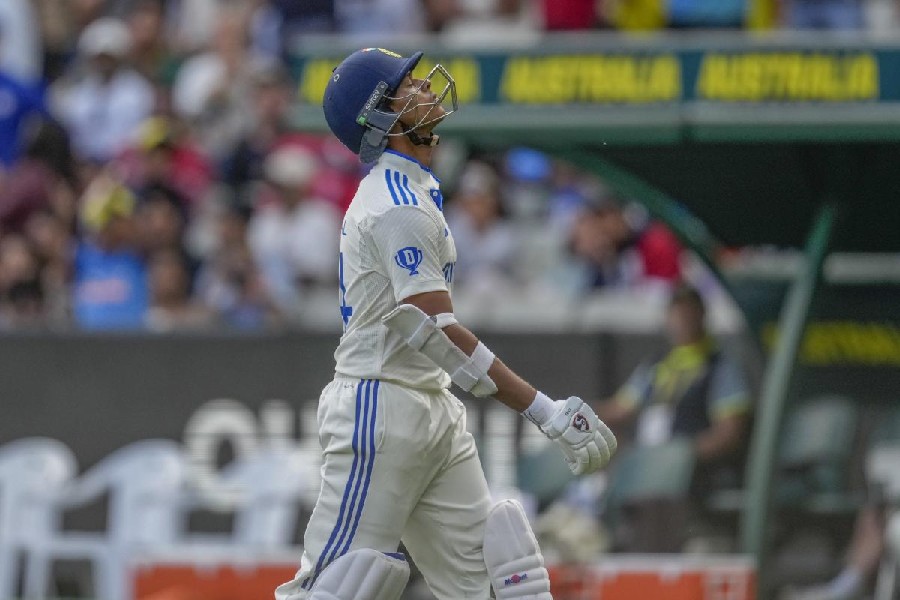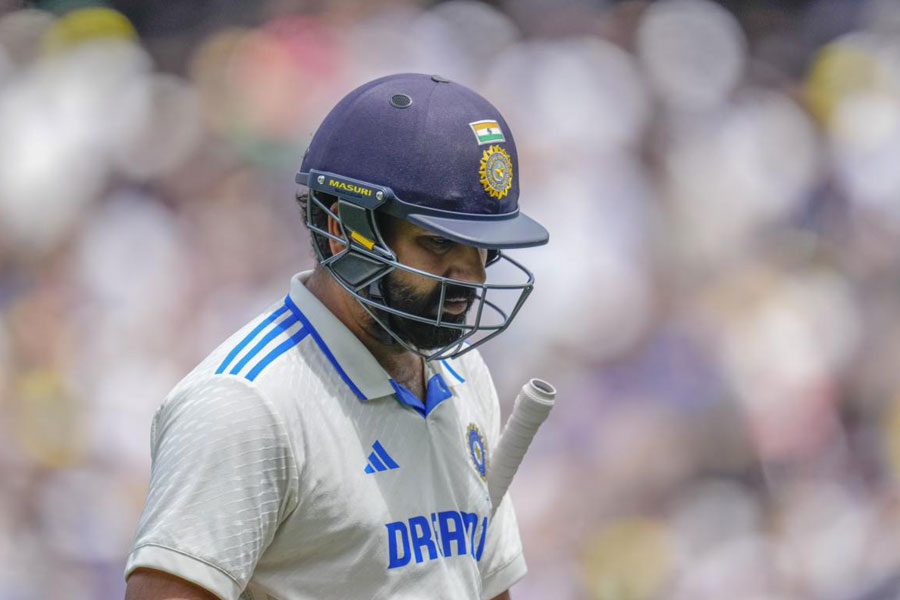Australia announced to tighten student visa rules for international students and low-skilled workers. The policy aims to slash the country’s migrant intake by 50% from a record high of 510,000, within the next two years. The government is cutting down student intake in Australia to address concerns about a "broken" migration system and increasing pressure on infrastructure and housing. According to Home Affairs Minister Clare O'Neil, the rise in net overseas migration is mainly because of an increase in international students.
Australia increased its yearly migration numbers last year to address workforce shortages caused by strict border controls during the Covid-19 pandemic, which had kept students and workers away for almost two years. However, the growing number of international workers and students has made it harder to find affordable rentals, leading to a rise in homelessness. According to a survey for the Sydney Morning Herald newspaper, 62% of Australian voters think the country's migration intake is too high.
Potential Impact on Indian Students
A recent report by the Australian Bureau of Statistics stated that Indian students have been the largest international student group in Australia since 2012. As a result, they may be particularly affected by the stricter Australia student visa requirements.
- They may need to achieve higher English test scores and demonstrate a stronger academic focus to secure visas. Temporary Graduate visa now requires a higher IELTS score of 6.5 instead of the previous 6.0. For those applying for a student visa, the minimum required score remains at 6.0.
- The financial requirements for visa application have been increased. Students wishing to study in Australia need to show savings of at least 24,505 AUD. This amount is 17% higher than before.
- A new "genuine student test" will assess whether students are truly motivated to study in Australia or seeking an alternative path to stay in the country.
- Additionally, starting March 23, 2024, there will be an increased imposition of "no further stay" restrictions on visitor visas.
- Students extending their stay will face increased scrutiny to ensure they are contributing to the nation's skills needs.
- A new visa for highly skilled workers will be created with a quick processing time of one week. This will make it easier for businesses to hire top migrants, especially when facing tough competition from other advanced economies.
- According to the new regulations, the Australian government can suspend schools and other education providers from enrolling international students if they continue to break the rules.
"The move will continue to drive migration levels down while delivering on our commitments in the migration strategy to fix the broken system we inherited," stated Home Affairs Minister Clare O'Neil.
Australia is home to 650,000+ international students and an increasing number of them are choosing to stay longer by applying for a second course, such as MS in Australia. Out of the total, 150,000 students are currently on their second student visa. The new policies aim to prevent visa hopping, where international students or visitors switch between migration categories to prolong their stay while doing unskilled jobs in Australia. Additionally, the Australian government has hinted at more controversial policies, like limiting the number of students or increasing visa application fees, if the current plan doesn't reduce net migration to 250,000 by June 2025.
Disclaimer: This is a sponsored article and does not involve any editorial input. The views expressed, including any statements, views, opinions, announcements, declarations, or affirmations are neither supported, nor endorsed by The Telegraph Online.











